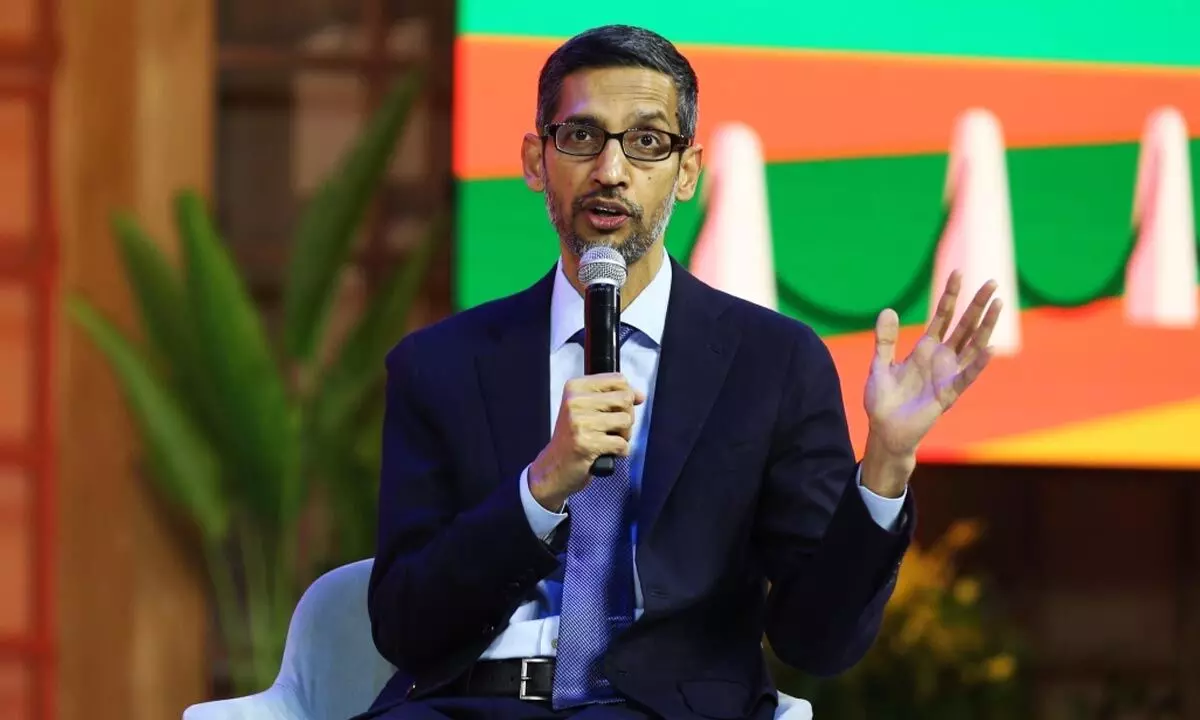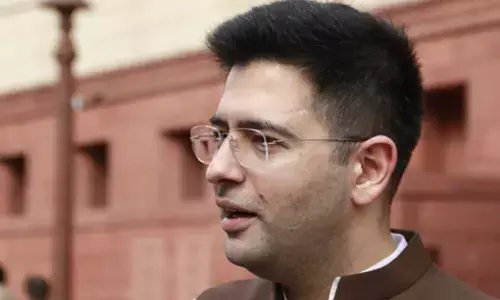Sundar Pichai Says AI Boosts Google Engineers' Productivity by 10%, Foresees Rise of Autonomous AI Agents

Google CEO Sundar Pichai
Google CEO Sundar Pichai reveals AI now boosts engineers' productivity and writes 30% of new code, heralding autonomous AI agents.
Google is witnessing tangible gains from integrating artificial intelligence into its engineering workflows, says CEO Sundar Pichai. Speaking on Lex Fridman’s podcast, Pichai shared that AI tools have made Google’s software engineers roughly 10% more productive, enabling them to spend less time on repetitive tasks and more on innovation.
“We’ve built systems that measure how much time engineers save weekly using AI,” said Pichai. That saved time is redirected toward solving more important problems, accelerating the company's pace of innovation.
According to Pichai, this is just the beginning. He spoke of a future where AI agents—tools capable of making decisions and executing tasks independently—will become central to how work is done. "They will take actions on their own, make decisions, and manage simple tasks without constant human input," he said, describing this evolution as a major leap in productivity.
Internally, Google is already seeing these changes. A proprietary AI tool named "Goose", trained on decades of internal technical data, assists engineers in writing code. As a result, over 30% of the code written at Google is now AI-generated, up from 25% just a few months ago.
The trend is industry-wide. Microsoft reports that GitHub Copilot generates 40% of its code, and Meta CEO Mark Zuckerberg has projected that AI could soon manage half of his company’s development work.
Despite this shift, Pichai emphasised that human engineers remain vital. "We plan to hire more engineers next year,” he said during a separate interview with Bloomberg. “AI will handle the boring and repetitive stuff, freeing people up for the more creative parts of the job."
Pichai characterised AI as an “accelerator”, enhancing human abilities rather than replacing them. Still, he acknowledged concerns raised by Anthropic CEO Dario Amodei, who recently cautioned that AI could potentially displace many entry-level white-collar jobs. Pichai didn’t dismiss the concern but underlined the importance of transparent, open discussions around the broader impact of AI on employment.
“We expect to grow from our current engineering phase into next year, because it allows us to do more,” he concluded.








